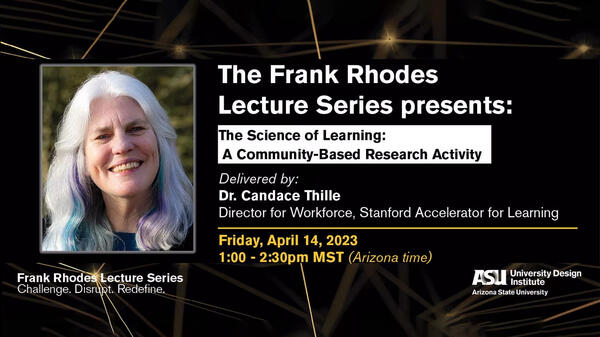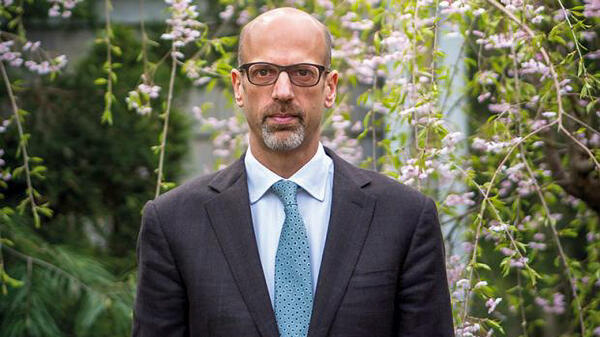The Student Design Corps (SDC) spearheads a 12-week challenge supported by the UDI, focusing on integrating student perspectives into higher education through innovative design processes. Their interdisciplinary approach aims to revolutionize educational experiences by tackling key design challenges and empowering students as co-creators of their learning journeys.

Location: United States of America (USA)

Thille discusses transforming how learning research and instructional practice serve adult learners and society, citing examples from academia and beyond. She highlights economist William Baumol's 1967 call for a teaching revolution and argues current conditions support a breakthrough in human learning. Thille outlines these conditions, discusses reshaping education and culture for all learners, and presents her vision for higher education's role in the future.

The Redesign Accelerator empowers teams from Pennsylvania’s State System of Higher Education to develop and implement transformative strategies, fostering student success through innovative approaches and rigorous collaboration

Under Dean Tara Williams' leadership, Barrett, The Honors College at ASU undertook a comprehensive, community-driven initiative to redefine its mission and values. Through 17 listening sessions and collaborative retreats, diverse voices contributed to a transformative vision that is energizing and uniting the college.

UDI partnered with Saint Mary’s University of Minnesota to drive re-envisioning efforts for the institution. Participating university leadership, staff and external stakeholders addressed multi-campus strategies towards creating a new university model.

In this lecture, Daniel Markovits explored how over the course of the past half-century, the United States invented a new, unprecedented, and extreme form of economic hierarchy, which might have been called meritocratic inequality - not because it was justified, but because it was tied to winning at competitions in school and at work.
